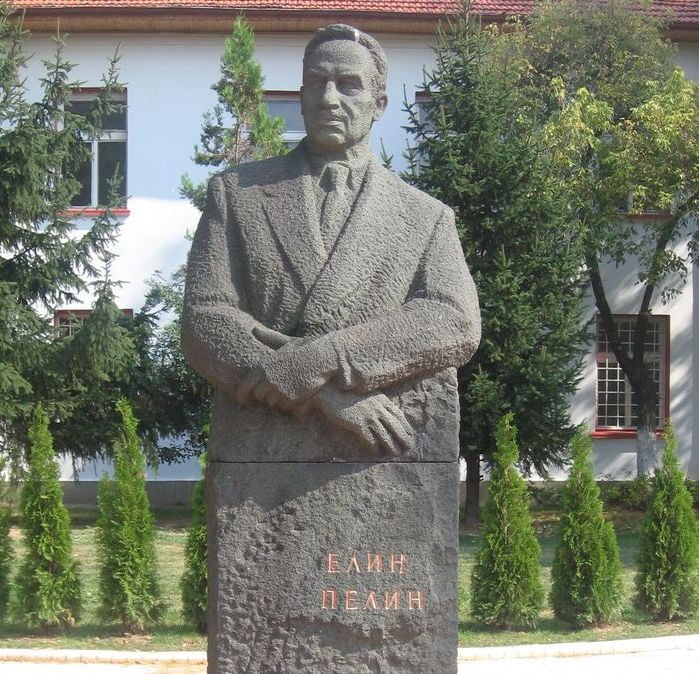South America
Introduction
From the very earliest years following the conquest of Spanish America in the Sixteenth Century there have been Spanish- American writers, and though some of the most famous of them, like Alarcon and Garcilaso de la Vega, belong rather to Spanish literature proper, there remains a sufficiently large body of writings to warrant the use of the term Spanish-American literature. Yet before the Nineteenth Century, the situation was not very different from that in North America, where writers produced a body of literature more or less directly related to that of the mother country.
But for the purposes of this collection, the early Colonial period, indeed the entire period up to the beginning of the last century, may be disregarded so far as the short story is concerned. To trace the history of fiction in Spanish America, it would be necessary to treat practically every country from Mexico to Argentina and Chile. All the Spanish-American countries have their writers, and all have produced short stories. The five tales here included as representative have been taken from Costa Rica, Brazil, Venezuela, Nicaragua and Peru, though it would have been easy to find others as excellent in Colombia, Mexico, Cuba or the Argentine.
Though the writers of Spanish America have been directly or indirectly influenced by Europe, especially by Spain and France (and, in the case of Brazil, by Portugal), the past fifty years have seen the development of work as truly native and free of direct imitation as that of the best North American writers. The theories of art and the “schools” and piovements of the rest of the world have inevitably left their mark on the Spanish Americans, but they have striven to depict the scenes that are familiar to them, and to describe the people they know best.
It can hardly be said that Spanish America has produced a Mau-passant, but on the other hand, neither has North America. Blanco- Fombona, Dario, Machado de Assis, Fernandez-Garcla, and Garcla- Calderon have alone written stories that are quite as good as any that have been produced in the United States during the past generation.
Costa Rica
Ricardo Fernandez-Garcia (1867—1951)
Fernandez Garcia was born in the province OF Alejuela, Costa Rica, in 1867. He received his early education in Paris, but returned to his native land in 1878, to discover that he had to learn his own language over again. His earliest literary efforts were in French, though they were inspired by his readings from Fenimore Cooper. It was early in the nineties that his work attracted the attention of Rub£n Dario. The best-known of all his writings is the volume Costa Rican Tales. These are vivid simple narratives, “transcriptions of the national life.”
Read More about The Priest and the Mulberries part 2








